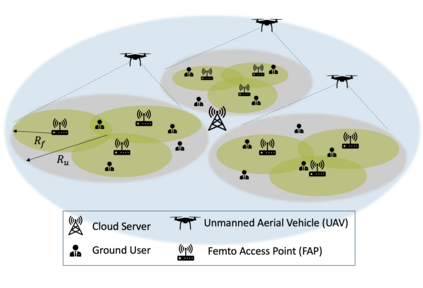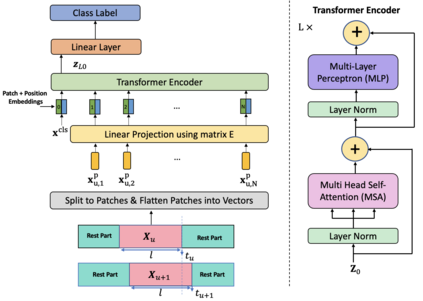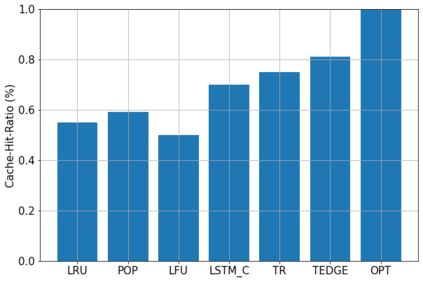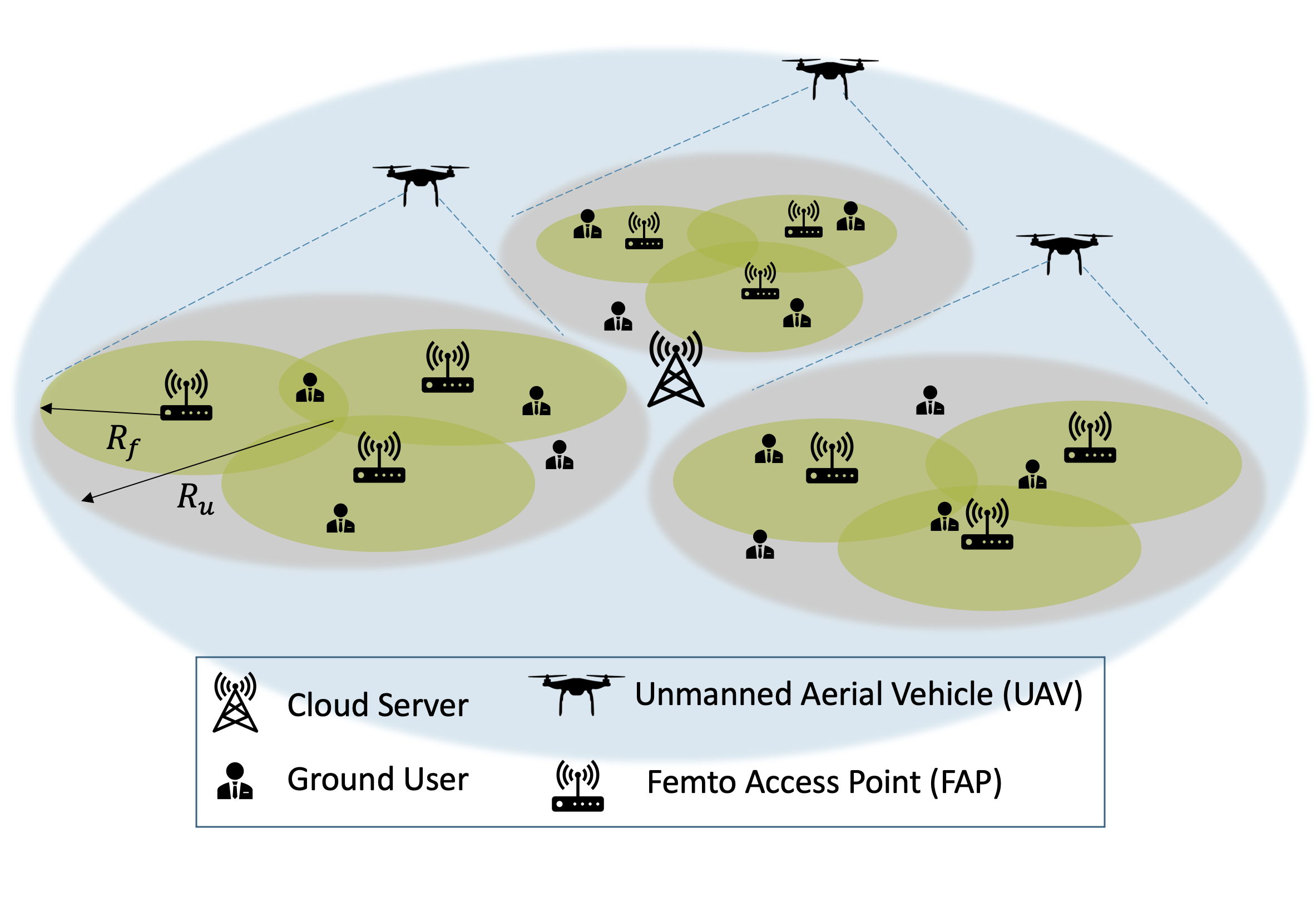As a consequence of the COVID-19 pandemic, the demand for telecommunication for remote learning/working and telemedicine has significantly increased. Mobile Edge Caching (MEC) in the 6G networks has been evolved as an efficient solution to meet the phenomenal growth of the global mobile data traffic by bringing multimedia content closer to the users. Although massive connectivity enabled by MEC networks will significantly increase the quality of communications, there are several key challenges ahead. The limited storage of edge nodes, the large size of multimedia content, and the time-variant users' preferences make it critical to efficiently and dynamically predict the popularity of content to store the most upcoming requested ones before being requested. Recent advancements in Deep Neural Networks (DNNs) have drawn much research attention to predict the content popularity in proactive caching schemes. Existing DNN models in this context, however, suffer from longterm dependencies, computational complexity, and unsuitability for parallel computing. To tackle these challenges, we propose an edge caching framework incorporated with the attention-based Vision Transformer (ViT) neural network, referred to as the Transformer-based Edge (TEDGE) caching, which to the best of our knowledge, is being studied for the first time. Moreover, the TEDGE caching framework requires no data pre-processing and additional contextual information. Simulation results corroborate the effectiveness of the proposed TEDGE caching framework in comparison to its counterparts.
翻译:由于COVID-19大流行,对远程学习/工作和远程医疗的电信需求大幅增加,因此,对远程学习/工作和远程医疗的需求大大增加,6G网络移动边缘缓存(MEC)的6G网络中移动边缘缓存(MEC)已发展成为通过使多媒体内容更接近用户,满足全球移动数据传输量惊人增长的有效解决办法,使多媒体内容更接近用户,从而满足全球移动数据流量的惊人增长,使多媒体内容更接近用户更接近多媒体内容的多媒体内容;尽管由MEVID-19大流行导致的大规模连通将大大提高通信质量,但今后还面临若干重大挑战。由于边缘节点储存有限、多媒体内容规模庞大以及时间差异性用户的偏好,使得有效和动态预测内容的普及性至关重要,对于在请求之前储存最即将收到的请求的存储内容。 深神经网络(DNNNNNW)最近的进展已引起许多研究关注,以预测全球移动网络中的内容是否受欢迎程度,从而长期依赖、计算复杂、计算复杂和无法同时计算。为了应对这些挑战,我们建议与关注的视野变光变的神经变( VT)神经中的最佳处理网络网网网网网网网联系网络(称为变换时代的比较框架),这是头头头头头头头头研究的、深、正在研究的CEDGEDGEDGEDF数据库(CFDG)的第二个(CF数据库前的第二个的第二个研究)需要的第二个的第二个的第二个的第二个的战略框架,即要求研究,而的CF的第二个的CF的CF的C的第二个的第二个的第二个的C,即前的、前的第二个的第二个的第二个的第二个的、正在的、正在的、前的、前的CFDG的、正在的、正在的CFDGESG的、正在的、正在的、正在的、正在的、正在的、正在的、前的、正在的、正在的、前的、前的、前的、前的CFDGEDGEFDGEDGESG的、前的、前的、前的、前的、前的、前的、前的、前的、正在的、正在的、正在的、正在的、正在的、正在的、正在的、前的、正在的、








